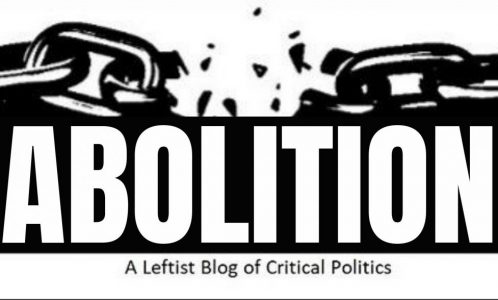It is supposed to be a fundamental principle of criminal law that a person is presumed innocent until proven otherwise by the State (government). This is the ideology or the rhetoric (which much of the left have swallowed). The reality is otherwise. In reality, the administrative apparatus of various organizations of the government and semi-governmental organizations assume that you are guilty first and that you have to prove your innocence; otherwise, you suffer negative consequences.
An example is the requirements that the Ontario College of Teachers imposed on me in order for me to qualify as a teacher in the province of Ontario after I moved from the province of Manitoba. To qualify as a teacher in Ontario, you must gain the approval of the Ontario College of Teachers (OCT). The OCT website explains what this organization does:
ABOUT THE COLLEGE
The Ontario College of Teachers licenses, governs and regulates the Ontario teaching profession in the public interest.
Teachers who work in publicly funded schools in Ontario must be certified to teach in the province and be members of the College.
The College:
- sets ethical standards and standards of practice
- issues teaching certificates and may suspend or revoke them
- accredits teacher education programs and courses
- investigates and hears complaints about members
The College is accountable to the public for how it carries out its responsibilities.
You can find the qualifications, credentials and current status of every College member at Find a Teacher.
The College is governed by a 37-member Council.
- 23 members of the College are elected by their peers
- 14 members are appointed by the provincial government.
To qualify as a teacher in Ontario, among other things, you have to answer a questionnaire. On the questionnaire, there are questions concerning arrest–and since I was arrested by the RCMP (the Royal Canadian Mounted Police) (but never convicted), I was obliged to prove my innocence in various ways–despite no conviction.
I received the following letter from the Ontario College of Teachers, as part of the proof I needed to provide to be able to teach in Ontario public schools:
September 24, 2014 Application No. 653493
Dear Mr. Harris,Re: Your Application for Certification and Membership
In your recent communication with the College on September 18, 2014, you indicated that you do not have copies of police reports from Ashern RCMP regarding the charges cited in your application and that your lawyer did not provide you with documentation indicating the disposition of the charges.
Please contact Ashern RCMP or the courts directly to obtain the documents in question and forward copies of the documents to my attention.
If you are unable to obtain this documentation, please have a letter issued directly to my attention by Ashern RCMP or the courts stating that these documents are unavailable.
Once I have received this additional information, I will review your file. More information may be required. Please contact me at, toll-free, 1-888-534-2222,
ext. 398 if you have any questions.
Sincerely,
Linda Zaks-Walker
Director of Membership Services
Ontario College of Teachers
101 Bloor Street WestToronto, ON M5S 0A1
Tel: 416-961-8800Toll-free in Ontario: 1-888-534-2222
Fax: 416-961-8822LZW/ys-ms-admin
In an earlier post, I quoted Ms. Zaks-Walker:
and the criminal record check report received at the College is negative, please also provide me with court documents that arose from the charges indicating the disposition of the charges. [my emphasis]
If I had been convicted, would my name not have been on the Child Abuse Registry? Would not a criminal record check have indicated that I had been convicted? The fact that I had to provide positive documentation from the RCMP concerning disposition of the charges put the onus on me–despite my name not showing up as having been convicted of a crime. Why did I have to show such documentation? Why was not the negative proof of a criminal record check not sufficient?
The political conclusion to draw from this is that government bureaucracies will assume that police services and other government agencies take priority over citizens. They will also often require that citizens prove their innocence in various ways in order to satisfy their bureaucratic–and oppressive–mindset.
